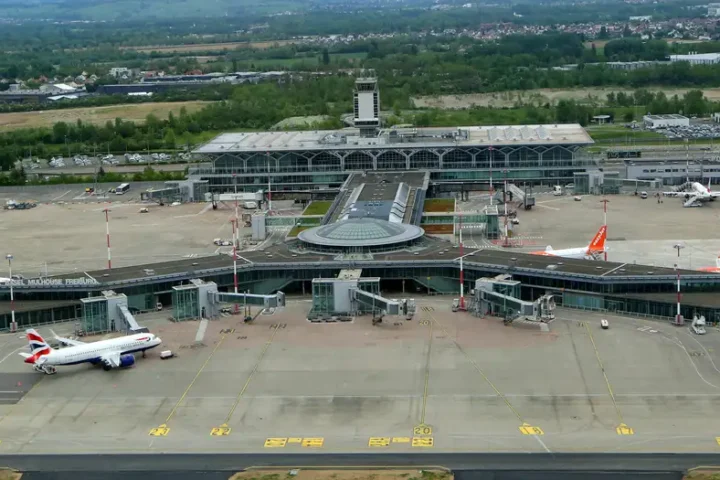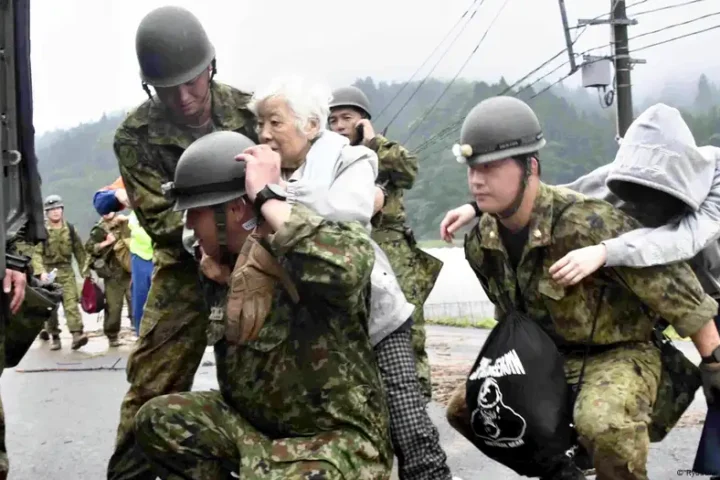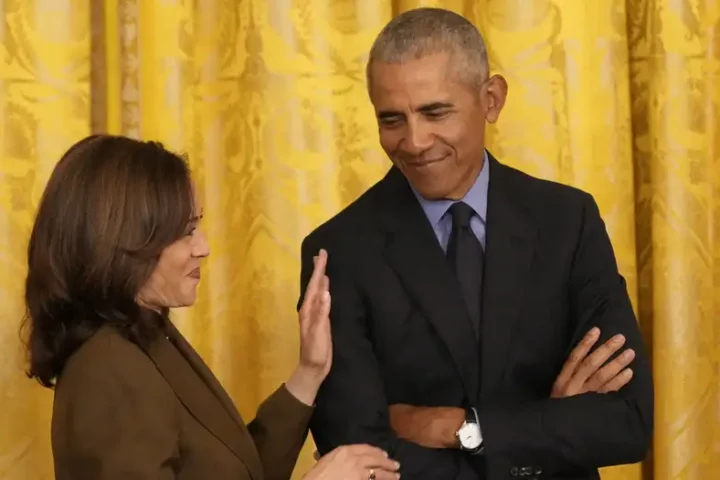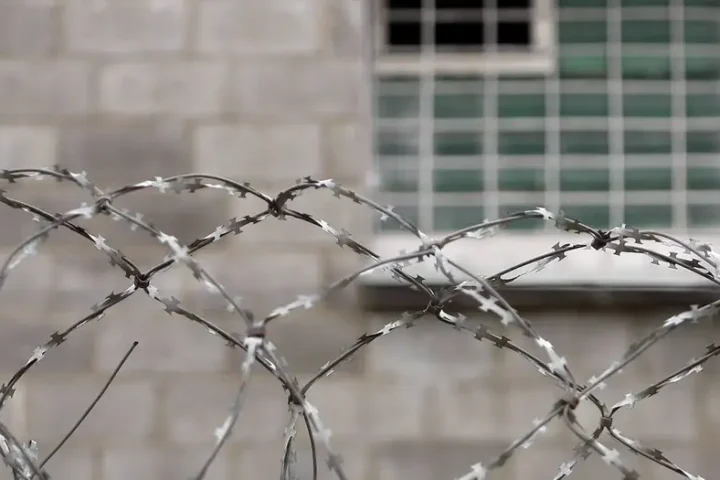Plans to amend Somalia’s constitution have been rejected by Puntland, a semi-autonomous state in the northeast. The Horn of Africa nation is planning to return to universal suffrage from clan-based electoral voting.
Somalia’s semi-autonomous state of Puntland said it would shun federal institutions on Sunday, demanding a full referendum on planned changes to the Horn of Africa country’s constitution.
On Saturday, the Somali parliament approved several constitutional changes, including plans for a return to universal suffrage in time for local elections in June. The move is opposed by Puntland’s government.
What did Puntland ministers decide?
The state’s council of ministers said in a statement: “The Puntland administration revoked its recognition and confidence in the federal government institutions until an outright constitutional process that is mutually accepted is obtained.”
As a result, “Puntland will have its own comprehensive government authority until a federal government system is in place, with a mutually accepted Somali constitution that is subject to a public referendum,” the statement continued.
What are the planned constitutional changes?
The Somali government says the amendments are necessary to establish a stable political system.
They include a new one-person, one-vote election system, the introduction of direct presidential elections and allowing the president to appoint a prime minister without parliamentary approval.
Currently, Somalia operates a complex clan-based indirect voting system that has been in place for more than half a century.
The fragmented system has led to infighting and exploitation by militant groups like al-Shabab.
The one-person, one-vote election system was dropped when the dictator Siad Barre seized power in 1969.
The new plans have been criticized for concentrating power in the hands of the executive.
Puntland rejects the amendments
Authorities in the Puntland region, in the northeast of the country, have opposed the changes.
The state has accused President Hassan Sheikh Mohamud of violating the constitution and losing his legitimacy.
Puntland was one of several states that did not participate in reform talks and its president Said Abdullahi Deni did not sign it.
In May last year, Puntland staged its first direct election since 1969 during local council elections but then returned to the clan-based ballot system during parliamentary elections in January.
Somalia’s ex-president Mohamed Abdullahi Farmaajo also opposed the reform saying the process being used to bring in a presidential system is illegal.
One of several troubles for President Mohamud
After decades of conflict, Somalia is struggling with a bloody insurgency by al-Shabab jihadists as well as natural disasters, including a punishing drought that has left millions facing hunger.
The rift with Puntland is a further headache for Mohamud, who is also trying to put down a resurgence in piracy and assert federal authority over the breakaway region of Somaliland after it agreed to lease a port to Ethiopia.
Source: Dw










